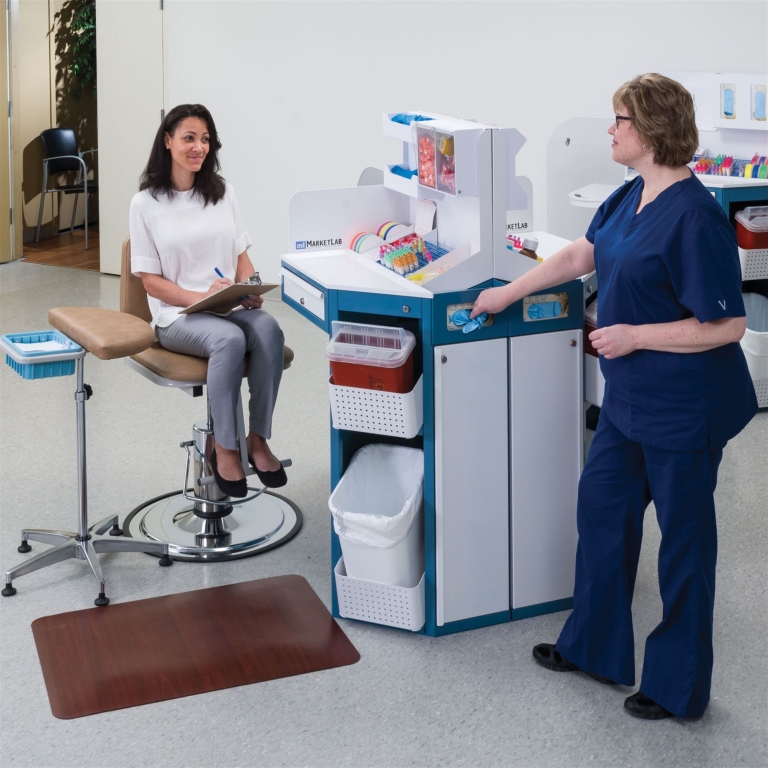**Title: Everything You Need to Know About a Laboratory Phlebotomist**
**Introduction:**
A laboratory phlebotomist plays a crucial role in the healthcare industry by drawing blood samples from patients for various medical tests and procedures. This article will provide a comprehensive overview of the responsibilities, qualifications, and career prospects of a laboratory phlebotomist.
**Responsibilities of a Laboratory Phlebotomist:**
– Collect blood samples from patients for diagnostic testing
- Label and organize blood samples accurately
– Follow proper infection control and safety protocols
– Interact with patients in a professional and compassionate manner
– Maintain accurate records of blood samples and patient information
**Qualifications and Training:**
To become a laboratory phlebotomist, individuals typically need to complete a phlebotomy training program and obtain certification. Some common qualifications include:
– High school diploma or equivalent
– Completion of a phlebotomy training program
– Certification as a phlebotomist from a recognized organization (e.g., National Healthcareer Association)
– Strong communication and interpersonal skills
**Career Prospects:**
Laboratory phlebotomists can work in various healthcare settings, including hospitals, clinics, laboratories, and blood donation centers. Some potential job titles for phlebotomists include:
– Phlebotomy Technician
– Certified Phlebotomy Technician
– Laboratory Assistant
**Benefits and Practical Tips for Laboratory Phlebotomists:**
– Competitive salary and job stability in the healthcare industry
– Opportunity for career advancement and specialization in areas such as pediatric phlebotomy or geriatric phlebotomy
– Stay updated on the latest trends and technologies in phlebotomy through continuing education and training programs
**Case Studies:**
- Example 1: Sarah, a certified phlebotomist, works in a busy hospital laboratory where she collects blood samples from patients of all ages. She enjoys the fast-paced nature of her job and the opportunity to interact with patients on a daily basis.
– Example 2: John, a phlebotomy technician, specializes in drawing blood samples from pediatric patients. He has a gentle touch and calming demeanor, which helps make the experience less stressful for young patients and their parents.
**First-hand Experience:**
As a laboratory phlebotomist, you will have the opportunity to make a positive impact on the lives of patients by providing high-quality and compassionate care. Your attention to detail and precision in collecting blood samples will contribute to accurate diagnostic testing and patient outcomes.
**Conclusion:**
a career as a laboratory phlebotomist offers a rewarding and challenging path in the healthcare industry. By obtaining the necessary qualifications and training, you can embark on a fulfilling career that allows you to make a difference in the lives of patients every day. Consider exploring the field of phlebotomy if you have a passion for helping others and a keen interest in healthcare.
